Excavators are one of the strongest and most versatile pieces of heavy equipment on any construction site. Because they can be used in so many different applications and in so many types of work sites, excavators come in many sizes, capacities and designs.
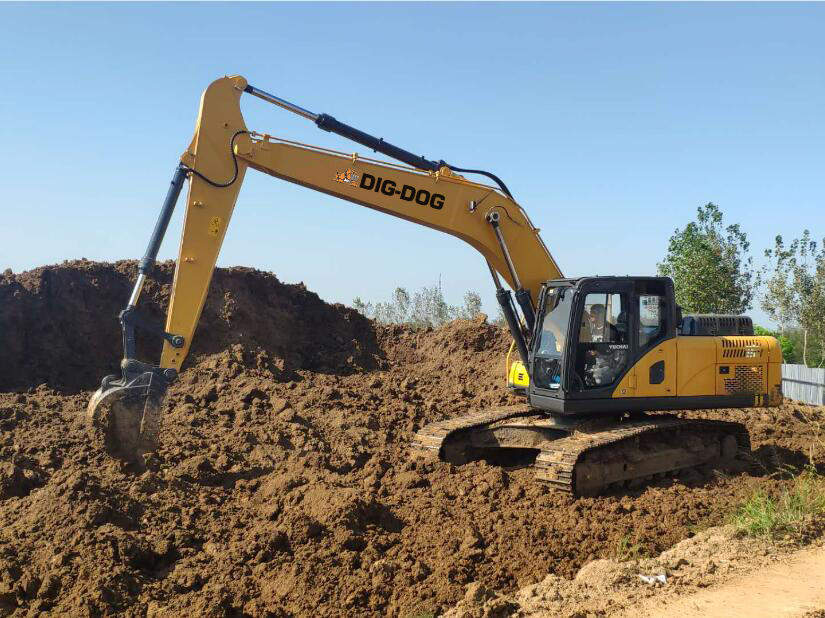
Here are some tips to ensure you purchase the right excavator for your purposes:
Get the right size and specs. Accurate determination of excavator size and weight, bucket capacity, arm span and other work requirements for site safety and efficiency is crucial. First, crawler excavators were chosen between three standard size categories: compact (0-6 metric tons or less than 13,227 pounds), medium (6-10 metric tons or 13,227 -- 22,046 pounds), and full-size (10-90 metric tons or 22,046 -- 198,416 pounds).
Consider transport requirements. There's another important reason to properly gauge job and regional excavator size needs: your new machine may change your shipping plans, especially if you have a relatively small fleet. Do you have to invest in a larger capacity trailer to haul the excavator? Are they worried about weight-restricted roads or Bridges?
Ask about the hydraulic flows and coupler options. Make sure you can equip your machine with accessories suitable for work. Flexible coupler options also mean you can more easily use attachments for future work.
Buy for the preferences of your operators. Most people strongly prefer ISO or SAE control models. If possible, choose an excavator that offers a mode control selector, a convenience feature of some newer models. This allows individual operators to configure the controls as they like.
Discuss track choices with your dealer. A comfortable heavy equipment operator is a happier, more productive operator. Ergonomically designed cab with reasonable control layout makes long shifts more enjoyable. Not only do they increase employee satisfaction and productivity; They also prevent potentially dangerous distractions due to discomfort or inconvenience.
Discuss track choices with your dealer. In general, rubber tracks on compact excavators are not as durable as steel tracks on larger machines. They are less likely to damage the type of surface on which the press normally works. Track width is also important; wider tracks provide more traction and stability, especially on soft ground. Tell your dealer the ground conditions on your site so they can guide you to make appropriate and safe choices.
Learn about your undercarriage options, too. The large and rugged chassis system provides durability. But also look for features that are easy to clean and maintain. In addition, thoughtful chassis design minimizes accumulation between track chain and frame, and makes cleaning faster and easier.
Understand the Tier 4 solutions. These standards reduce machine emissions that are harmful to worker health and the environment. Today's excavators are built with a variety of engines and technologies to meet emissions regulations, and it's important to know what you're getting in this regard and how it affects operations and maintenance.
Take the time to review the optional features. Modern excavators have many functions available. Some of them really help your bottom line. For example, automatic idling and selectable power modes can improve fuel efficiency. Telematics is also a wise investment.
Look for a great dealer and a great warranty. A warranty protects your investment, as does an extended maintenance contract. Buy from a dealer with a proven track record of offering quality brands that can supply parts when you need them and have factory-trained technicians for store and on-site preventive maintenance and repair services. Excellent resellers like Dig-Dog can provide you with the best quality equipment and reliable maintenance services to ensure your workplace is safe and efficient.
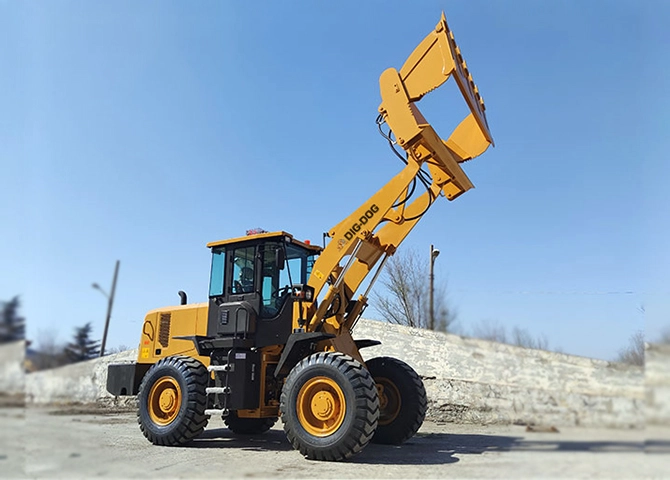 How To Choose The Right Compact Wheel Loader
How To Choose The Right Compact Wheel Loader
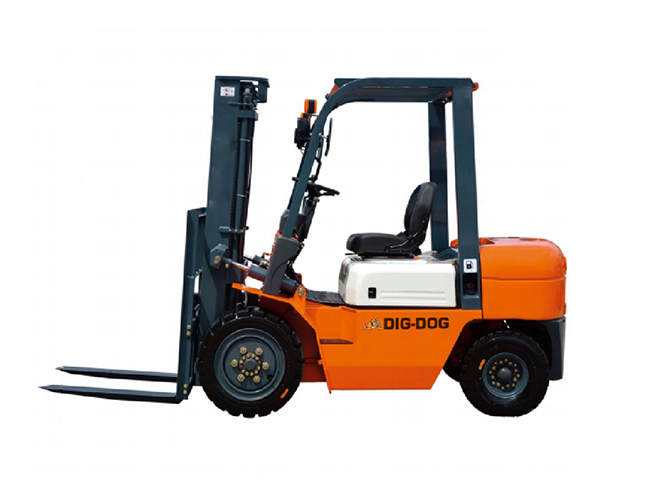 How Much Does a Forklift Weigh?
How Much Does a Forklift Weigh?
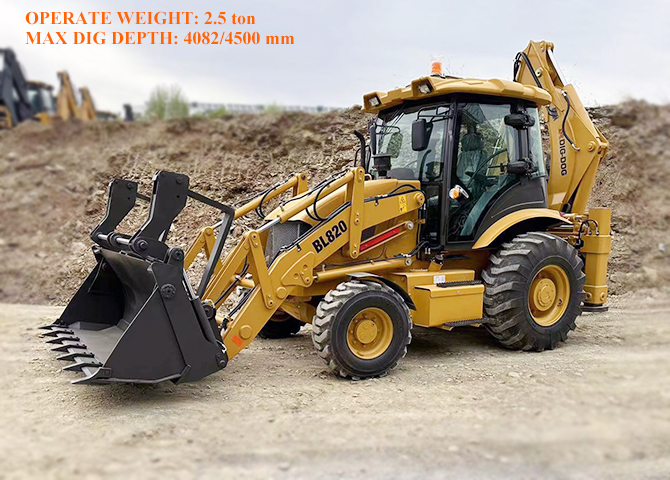 How Much Does a Backhoe Weigh
How Much Does a Backhoe Weigh
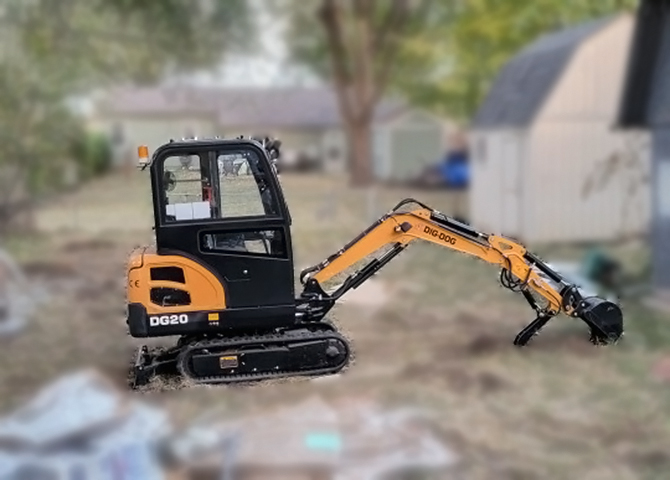 How Much Does a Mini Excavator Weigh
How Much Does a Mini Excavator Weigh